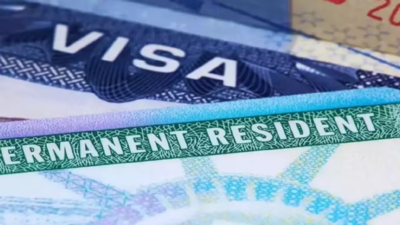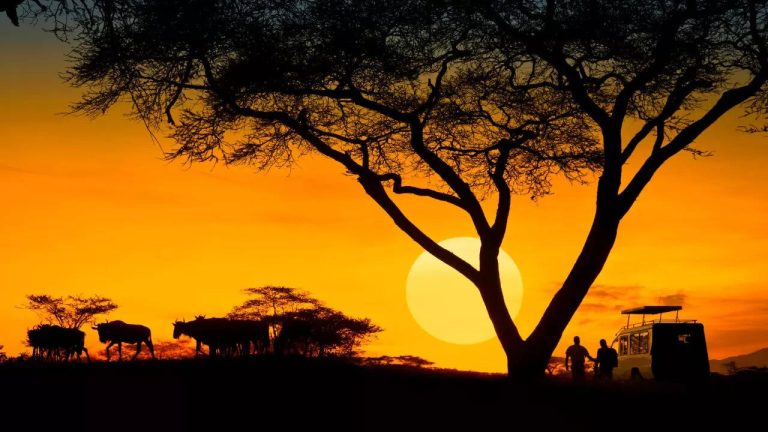Rituals and Routines: Daily Life Across the Globe – Exploring Cultural Practices
Rituals and routines are an integral part of daily life, shaping our experiences, interactions, and understanding of the world. From the moment we wake up to the time we go to bed, our days are filled with a series of practices that are deeply rooted in our cultural, social, and personal contexts. In this article, we will delve into the diverse world of rituals and routines, exploring how they vary across the globe and what they reveal about the human experience.
Introduction to Rituals and Routines
Rituals and routines are often used interchangeably, but they have distinct meanings. Rituals refer to ceremonial or symbolic practices that hold spiritual, cultural, or emotional significance, such as weddings, funerals, or religious ceremonies. Routines, on the other hand, are repetitive patterns of behavior that are often performed daily, such as brushing teeth, taking a shower, or eating meals. Both rituals and routines play a crucial role in shaping our daily lives, influencing our relationships, and defining our sense of identity.
Cultural Practices from Around the World
One of the most fascinating aspects of rituals and routines is their diversity across cultures. In Japan, for example, the traditional tea ceremony is a highly ritualized practice that embodies the principles of harmony, respect, and tranquility. In India, the daily ritual of yoga and meditation is an integral part of many people’s routines, promoting physical, mental, and spiritual well-being. In Brazil, the vibrant Carnival celebrations are a testament to the country’s rich cultural heritage, featuring colorful parades, music, and dance.
In many African cultures, rituals and routines are deeply connected to community and family life. For instance, in the Maasai tribe of East Africa, the daily ritual of herding cattle is a collective effort that strengthens social bonds and ensures the community’s survival. In the Middle East, the Islamic practice of fasting during Ramadan is a sacred ritual that promotes self-reflection, gratitude, and compassion.
The Significance of Rituals and Routines
So, why are rituals and routines so important? They serve several purposes, including providing a sense of structure and stability, fostering social connections and community, and promoting physical and mental well-being. Rituals and routines can also be a source of comfort, solace, and inspiration, helping us navigate life’s challenges and celebrate its triumphs.
Furthermore, rituals and routines can be a powerful means of cultural preservation and transmission. They allow us to honor our heritage, pass on traditions to future generations, and connect with our ancestors. In an increasingly globalized world, rituals and routines can serve as a reminder of our unique cultural identities and the importance of diversity.
Conclusion
In conclusion, rituals and routines are a vital part of daily life, reflecting the complexity, richness, and diversity of human experience. By exploring these practices from around the globe, we can gain a deeper understanding of the cultural, social, and personal contexts that shape our lives. Whether it’s a traditional ceremony, a daily habit, or a collective celebration, rituals and routines have the power to inspire, educate, and unite us.





